If an Android phone costs as much as an iPhone, it should be supported for four years
This article may contain personal views and opinion from the author.
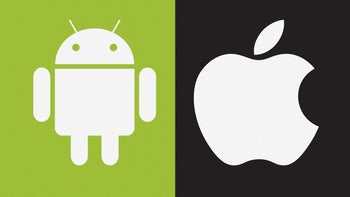
I think that Android phones that cost as much as an iPhone should receive software updates for four years. An absolutely absurd thought, I know, but let me rest my case! This isn't another "fruit company good" type of a circlejerk article, just the lament of an Android guy at heart.
Why are we excusing this?
As Android flagships these days comfortably rival iPhones' pricing and phone manufacturers were extremely trigger-happy to jump on the 1,000-dollar phone bandwagon, the already-thin barrier between the two platforms is seemingly shattered. If I'm laying more than a thousand for an Android phone, I'd expect it to be just as good as the competition's offerings, and while almost all hope is lost for raw performance at this point (Apple simply seems to be way ahead in this regard), I don't think the lack of prolonged software support can be excused.
So, what's the reason for that conundrum?
Simple - Android manufacturers simply don't care enough.
"But Peter", you might say, "How can you compare Apple, which releases 2-3 phones per year, with all the prolific Android manufacturer that come up with way, way more devices per year"? Well, you've got a point, but let's not forget that just a tiny sliver of these devices can be considered flagships and therefore carry an iPhone-like price. Come to think of it, most Android manufacturers have a lot in common with Apple as they usually release just 2-3 high-end devices each year. Keeping these up-to-date for four years would make what, less than a dozen devices on the software drawing board? Does this sound like it would be a stick in the wheel of the giant conglomerates that develop and sell Android devices? Is there anything other than willingness that's keeping them from updating their older devices?
Simple - Android manufacturers simply don't care enough.
"But Peter", you might say, "How can you compare Apple, which releases 2-3 phones per year, with all the prolific Android manufacturer that come up with way, way more devices per year"? Well, you've got a point, but let's not forget that just a tiny sliver of these devices can be considered flagships and therefore carry an iPhone-like price. Come to think of it, most Android manufacturers have a lot in common with Apple as they usually release just 2-3 high-end devices each year. Keeping these up-to-date for four years would make what, less than a dozen devices on the software drawing board? Does this sound like it would be a stick in the wheel of the giant conglomerates that develop and sell Android devices? Is there anything other than willingness that's keeping them from updating their older devices?
Sure, you could also argue that old hardware simply can't cope up with Android and all the trendy apps these days, but that would mostly be wrong. The resourceful guys over at the XDA forums have certainly proved that almost any device can run almost any version of Android, and if the Samsung Galaxy Note 4 from 2014 can run a custom build of Android Oreo relatively issue-free, then everything is possible provided you tackle it with the correct amount of passion and dedication.
If you're about to copy something, copy this
However, I find it really, really funny that all Android manufacturers have copied various iPhone features and functionalities over the years, but none has dared copying probably the most beneficial one - Apple's support policy and update philosophy. And this is coming from a die-hard Android guy like me. Guess Android manufacturers have really perfected the art of talking the talk but not walking the walk, and all those software upgrade centers are nothing but snake oil of the purest kind.Now that Moore's Law is in dire straits, we shouldn't expect massive improvements in smartphone performance every year. As a result, many people are very likely hold on to their devices for longer and will probably upgrade every third year. The market has already gotten saturated to the point where smartphone makers are struggling to come up with noteworthy new features to incentivize would-be consumers to get their shiny new handset, but I think the only meaningful novelty would be an Android manufacturer REALLY committing to keeping its flagship devices upgraded for as long as Apple does with its older phones.
I can already imagine the insane potential for marketing campaigns, so why can't they?
The notable omissions
Of course, there are some Android manufacturers that are doing things just right. Google, for example, has committed to updating its Pixels for up to three years, which is a great step in the right direction! Another manufacturer that deserves some recognition is Xiaomi. Why, yes, Xiaomi itself, the so-called Apple of China! While technically the software updates it provides for its extensive lineup of phones is not your regular software update and usually doesn't bring a new Android version, the company does an excellent job at updating its older gadgets with the new versions of its MIUI interface. Those two are the ones I can name on the top of my head, so excuse me if I'm missing somebody.Anyway, do you agree with this notion or have a counter-argument? Share your thoughts in the comments section below and I'll be happy to partake in a meaningful discussion.




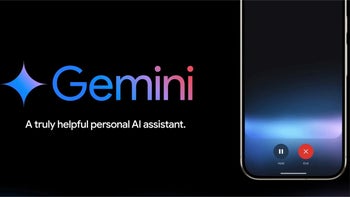
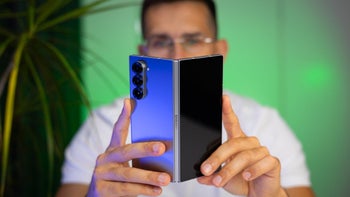
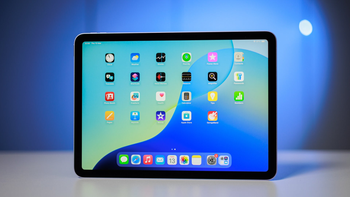
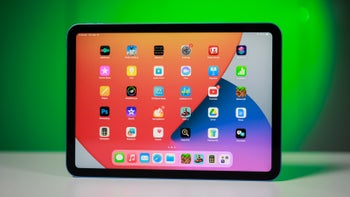

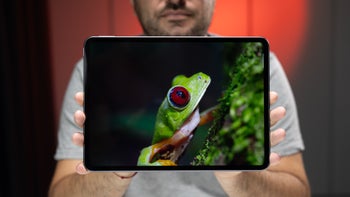
Things that are NOT allowed: